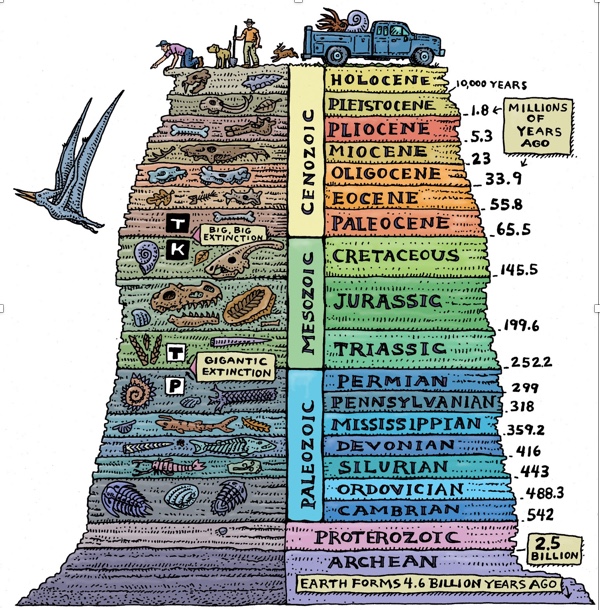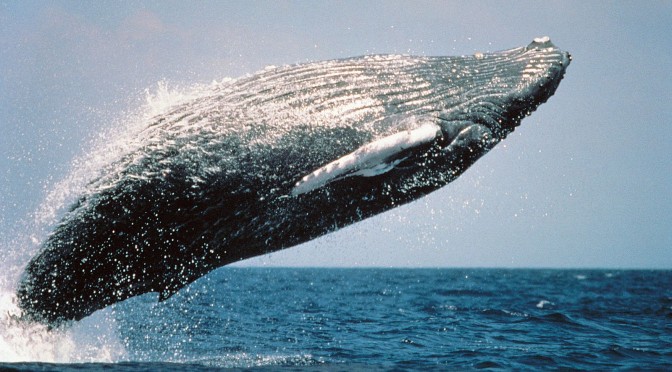by Dr Adelene Buckland, Senior Lecturer in English Literature
On 21 March 2018, I gave a talk for the London Arts and Humanities Partnership (LAHP) ‘Arts and Society’ series at Senate House. As I spoke, students in the building performed a banner drop in support of the lecturers’ strike over pensions, and had the fire exits drilled shut on them by those who did not support their protest. It was an odd moment in my career, to be speaking on Darwin while unaware of political events unfolding elsewhere in the building, and it caused me some reflections on my paper.
The work was drawn from an essay forthcoming in Philological Quarterly in a special issue on ‘earth writing’, the outcome of a symposium I attended in Düsseldorf in April 2016, when I was five weeks pregnant with my third daughter and unable to drink much of the wine (and unable to tell anybody why). The essay is also poignant for me because it marks (I hope) the culmination of what I guess might be called the ‘early career’ phase of my research, on Victorian literature and geology.

Reviews and citations of my book, Novel Science, have sometimes surprised me in coming from an ecological perspective: in all the years I worked on the book, I hadn’t really thought about it in these terms at all. Since then, I have often been asked questions about the new geological Epoch in which we are now said to be living, the Anthropocene, and its relationship to my historical research. I wasn’t happy with any of my answers.


